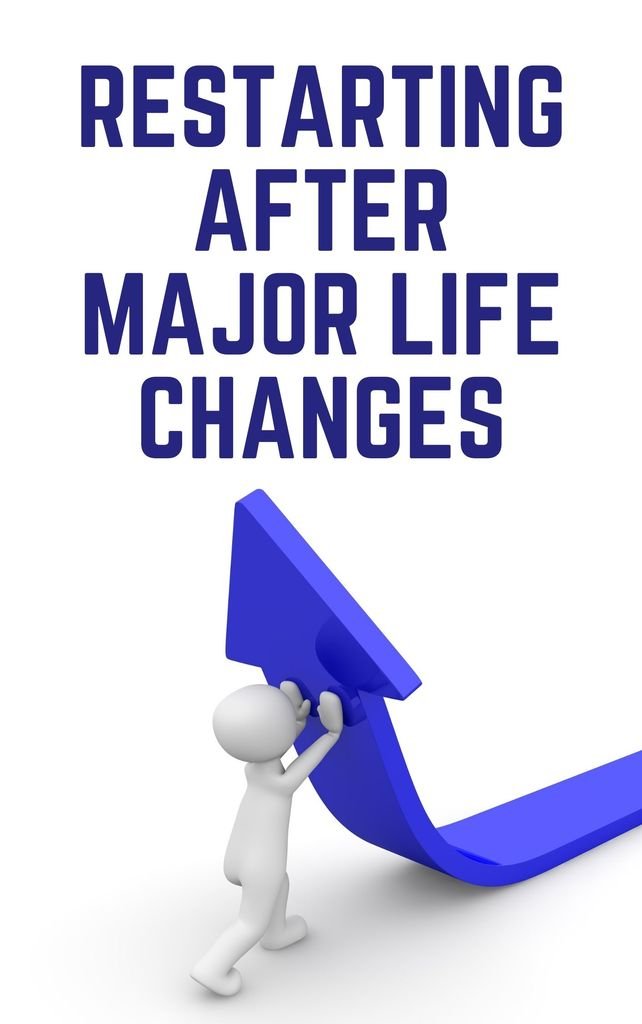Picking Up the Pieces After Financial Devastation
Financial devastation can wreak havoc on you and your family. When it happens, there can be significant loss. Some people lose their vehicles because they can’t make the payments any longer.
Others lose their homes because they can no longer make the mortgage payments. You may have experienced one or both of these. Or you could be like some people who either lost or spent their life savings.
It could be that you burned through everything you’d put aside because of expensive medical bills. Perhaps you’re someone who lost hours at work and you just couldn’t make ends meet until finally everything fell apart.
There are many reasons for financial issues like these. They can also be caused by making investments that were too risky or by not taking into consideration emergencies and you had something happen that wiped you out financially.
You can go through a range of emotions when something like this happens. Some people grieve. Others develop a high level of stress or anxiety. Some people can’t sleep because they’re too worried about what to do.
No matter what was behind your loss, you can rebuild your finances and restart again. Just because this happened to you doesn’t mean that it’s the end. The first thing that you need to do is to explain to family members what’s going on.
Don’t try to wear a mask and pretend that everything’s okay. Don’t attempt to continue the same lifestyle. That will only add to your pressure. Instead, get everyone onboard and let them know that there will have to be some differences in the way that you live so that you can restart.
Then take a look at where you truly stand financially. Take stock of all your assets and how much money you have to work with, if any. If you can’t pay your debts because of your situation, concentrate on your survival needs.
Your food, shelter and things like your electricity, water/sewer should come first. Don’t give in to panic or the belief that nothing will get better. It might take you a few months, but you will bounce back.
When the paralyzing thoughts hit you, remind yourself that you’re only in a temporary situation. When you’re calm, the people you live with or care for will be as well. Make a recovery plan.
Begin by setting your fresh start goals. These might be ones such as rebuilding your emergency fund. That should be first because that way if an emergency hits, you won’t stress about what to do.....
Read on by claiming your free copy of this brand new eGuide below!












